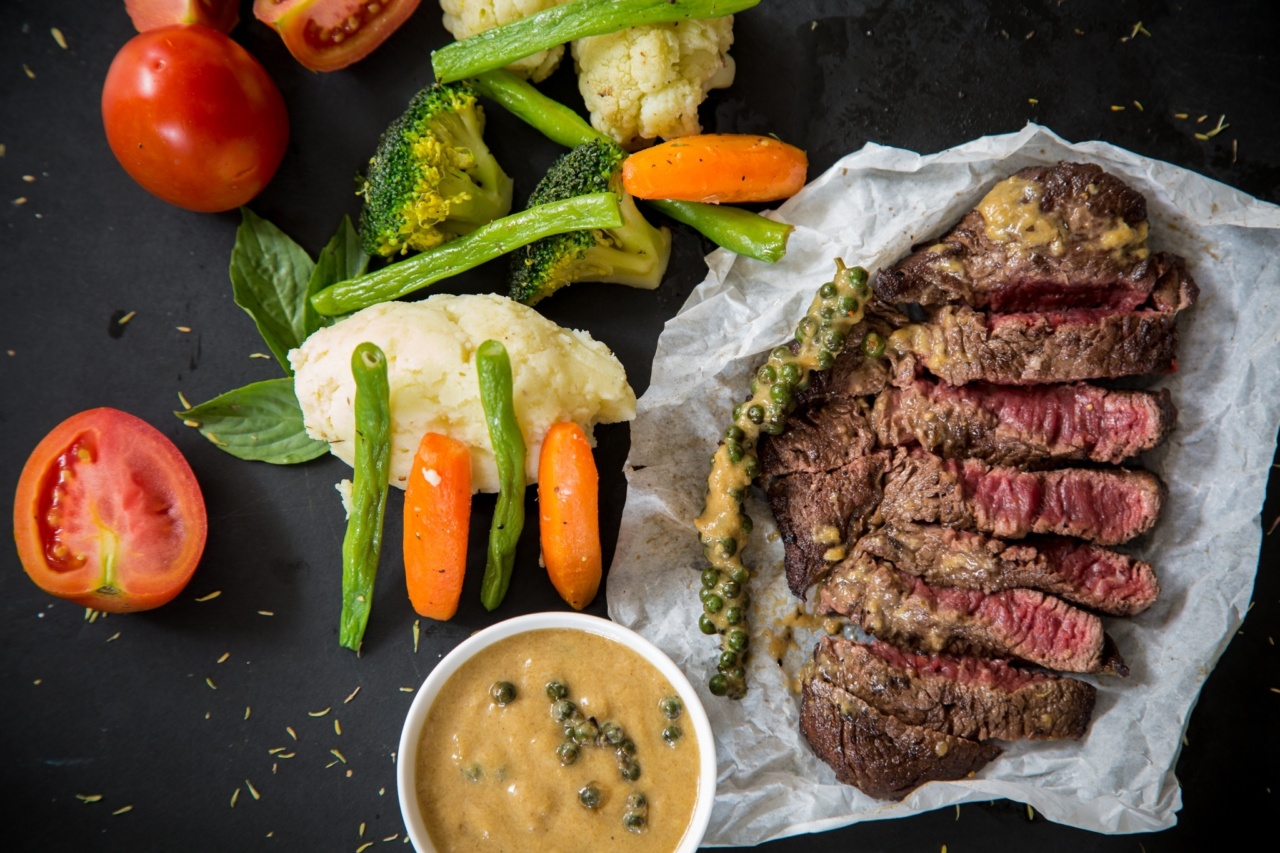Protein is one of the most important macronutrients that your body needs to function properly. It is essential for building and repairing tissues, making enzymes and hormones, and supporting immune function.
For those who follow a plant-based diet, it can be challenging to get enough protein in their diets because most protein-rich foods come from animal sources. However, there are many vegetables that are high in protein and can help meet your protein needs.
7 Vegetables High in Protein
1. Edamame
Edamame is a type of soybean that is usually eaten as a snack or appetizer. One cup of edamame contains about 17 grams of protein, making it an excellent source of plant-based protein. It is also rich in fiber, vitamins, and minerals.
2. Spinach
Spinach is a nutrient-dense leafy green that contains about 5 grams of protein per cooked cup. It is also rich in iron, calcium, and other vitamins and minerals. Spinach can be eaten raw in salads or cooked in a variety of dishes.
3. Broccoli
Broccoli is a cruciferous vegetable that is rich in fiber, vitamins, and minerals. It also contains about 3 grams of protein per cooked cup. Broccoli can be eaten raw or cooked and is a versatile vegetable that can be used in many dishes.
4. Brussels Sprouts
Brussels sprouts are a cruciferous vegetable that resembles mini cabbages. One cup of cooked Brussels sprouts contains about 4 grams of protein. They are also an excellent source of fiber, vitamin C, and vitamin K.
5. Asparagus
Asparagus is a spring vegetable that is low in calories but high in nutrients. One cup of cooked asparagus contains about 4 grams of protein. It is also rich in vitamins, minerals, and antioxidants.
6. Artichokes
Artichokes are a delicious and nutritious vegetable that contain about 4 grams of protein per cooked cup. They are also rich in fiber, vitamins, and minerals.
Artichokes can be boiled, steamed, or grilled and are a great addition to salads, pasta dishes, and dips.
7. Peas
Peas are a legume that is rich in protein, fiber, and other nutrients. One cup of cooked peas contains about 9 grams of protein. They are also an excellent source of vitamins and minerals, including vitamin K, vitamin C, and iron.
How to Incorporate these Vegetables into Your Diet
There are many ways to incorporate these vegetables into your diet. You can eat them raw in salads, cooked as a side dish, or add them to soups, stews, and casseroles.
You can also make a delicious vegetable stir fry by combining several of these vegetables and adding your choice of protein, such as tofu or tempeh.
Conclusion
Getting enough protein is essential for maintaining good health. While most protein-rich foods come from animal sources, there are many vegetables that are also high in protein.
Incorporating these vegetables into your diet can help ensure that you are meeting your protein needs while also getting a variety of essential nutrients.































